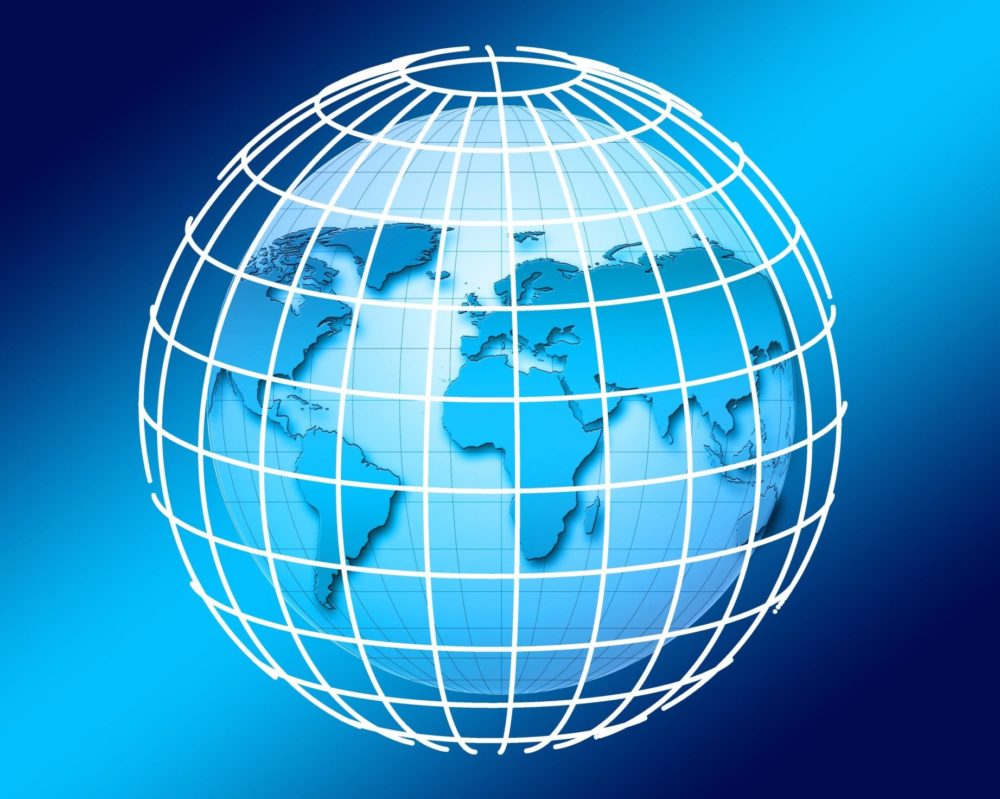Article begins
What anthropologists glean from policy makers’ statements about globalization and development can be very different from what most voters hear.
As she steered the United Kingdom through Brexit, former Prime Minister Theresa May said “talk of greater globalization…means their [British] jobs being outsourced and wages undercut.” Analysts of antiglobalization follow these sorts of pronouncements by focusing on their economic nationalism and supposed rejection of the post-World War II order.
Anthropologists might hear something different, detecting in these debates echoes of the past. It’s easy to compare today’s nationalist policies with colonialism, especially when those policies repeat colonialism’s racialized and gendered hierarchies.
US voters, however, are not steeped in colonial history. When Trump announced at the 2016 Republican convention, “Americanism, not globalism, shall be our creed,” the touchstone was the 1950s. For years, right-wing media had been lamenting the loss of an “idealized mid-twentieth century.” Internationally speaking, making America great again means repositioning the United States atop an order built around ideas of international development, a time when the United States was first among First World nations. From this standpoint, one of the shifts propelled during the Trump era is a competition between two ways of reckoning international ties: globalization versus development.

A typical representation of globalization that reflects policies without people. Gerd Altmann/Pixabay License
International development
International development arose from both the reconstruction of post-World Ware II Europe and Cold War competition for influence in post-colonial states. During the 1950s and 1960s, world leaders were committed to Keynsian spending both within and across national borders. At the time, anthropologist Harold Schneider noted this emphasis on poverty reduction glossed over a distinction between economic growth and economic change. It did so by creating a new category, the poor of the Third World, and promising this group that they could join the wealthy First World if they followed economic prescriptions.
One of the shifts propelled during the Trump era is a competition between two ways of reckoning international ties: globalization versus development.
This international development has never gone away, nor has anthropology’s interest in understanding its taken-for-granted status in the international arena, its myriad manifestations, and the cultural imaginings that animate it from all sides. From the United Nations Development Program to the international “mission trips” sponsored by churches across the United States, a sprawling array of people continue to offer “aid” to the poor. For white Americans encountering foreign Others, international development allows them to adhere to what Lutz and Collins called a “basic contradiction”: “people want to dress the native in the raiment of progress but also and simultaneously…keep him or her in the native dress that preserves…cultural hierarchy.”
Globalization, a post-Cold War order
With the end of the Soviet empire in the 1990s, globalization heralded a new, post-Cold War order. Globalization expanded international economic ties to such an extent that anthropologists debated how to categorize the era. Were these amorphous “flows” or something more structured? Given globalization’s reliance on the local, where did the local end and the global begin? What was undeniable was that influenced by economic ideals of the 1970s and 1980s, globalization’s champions rejected Keynesianism. Instead, they promised wealth through an unregulated, free market.
International development persisted, especially as a cultural foundation shaping how people regarded Others. Economic anthropologists have documented the different ways, from India to Zambia, that development serves this purpose. And Trump taps into this vein every time he uses “Third World” as insult or threat. Listen as he touts an infrastructure plan in 2018: “American infrastructure was the envy of the world. True. Go back 30, 40, 50 years, they would look at us like—now, we are like, in many cases, a Third World country.” Months before impeachment proceedings began, Trump resisted the calls for his removal: “You’ll have a country that’s going to turn into a Third World country…because if the opposite party becomes president…, before you’ve even found out whether or not he or she is going to do a great job, they’ll say: ‘We want to impeach him!‘”

Refugees from Ivory Coast queue for food at a distribution site in Liberia. DFID – UK Department for International Development/Flickr (CC BY 2.0)
What is the appeal of Trump’s First World revivalism?
Setting aside belief in a white, patriarchal, American exceptionalism (admittedly, a big set aside), we note that, in comparison to international development, globalization lacks a path of inclusion. As a consequence, it cannot categorize people as objects of economic intervention. These points undercut citizens’ abilities to hold leaders accountable. And, even if citizens could press their claims, globalization lacks an identifiable agent. For white Americans this means globalization lacks a guarantor of their First World status.
Nationalism is a cultural imagining, and white Americans find it offensive to imagine themselves as other than First World.
Globalization’s effects
Globalization, in contrast, does not promise (however falsely) that everyone will benefit from its program. Nobody is “unglobalized,” such that they can be set upon a path to progress. To the contrary, globalization has “winners and losers” and “people left behind.” Globalization’s unregulated market means that, rather than charging a state, nongovernmental organization, or other group to foster inclusion, globalization leaves people to their own resources. What is globalization supposed to look like? The question cannot be answered. Compare the results of Google image searches for “international development” and “globalization.” The former produces photographs of people. The latter produces faceless, stylized images of Earth.
Under these terms, it’s no wonder people reject globalization. But the economic nationalism in competition with globalization should not be presumed.
Nationalism is a cultural imagining, and white Americans find it offensive to imagine themselves as other than First World. Recall that as ambassador to the United Nations, Nikki Haley declared it “patently ridiculous for the United Nations to examine poverty in America,” arguing the agency should focus on Congo or Burundi, quintessentially underdeveloped places. Trump’s First World revivalism does not so much turn its back on the post-World War II order as selectively invoke it, pitting globalization against international development.
Nora Haenn is an associate professor of anthropology and international studies at North Carolina State University, Raleigh. Her research focuses on globalization, environment, and migration, topics on which she has explored in her books, Fields of Power, Forests of Discontent: Culture, Conservation, and the State in Mexico (2005) and Marriage after Migration: An Ethnography of Money, Romance and Gender in Globalizing Mexico (2020).
Walter E. Little ([email protected]) is contributing editor for the Society for Economic Anthropology’s section news column.
Cite as: Haenn, Nora. 2020. “Trump’s First World Revivalism Pits Globalization against Development.” Anthropology News website, March 20, 2020. DOI: 10.1111/AN.1373

